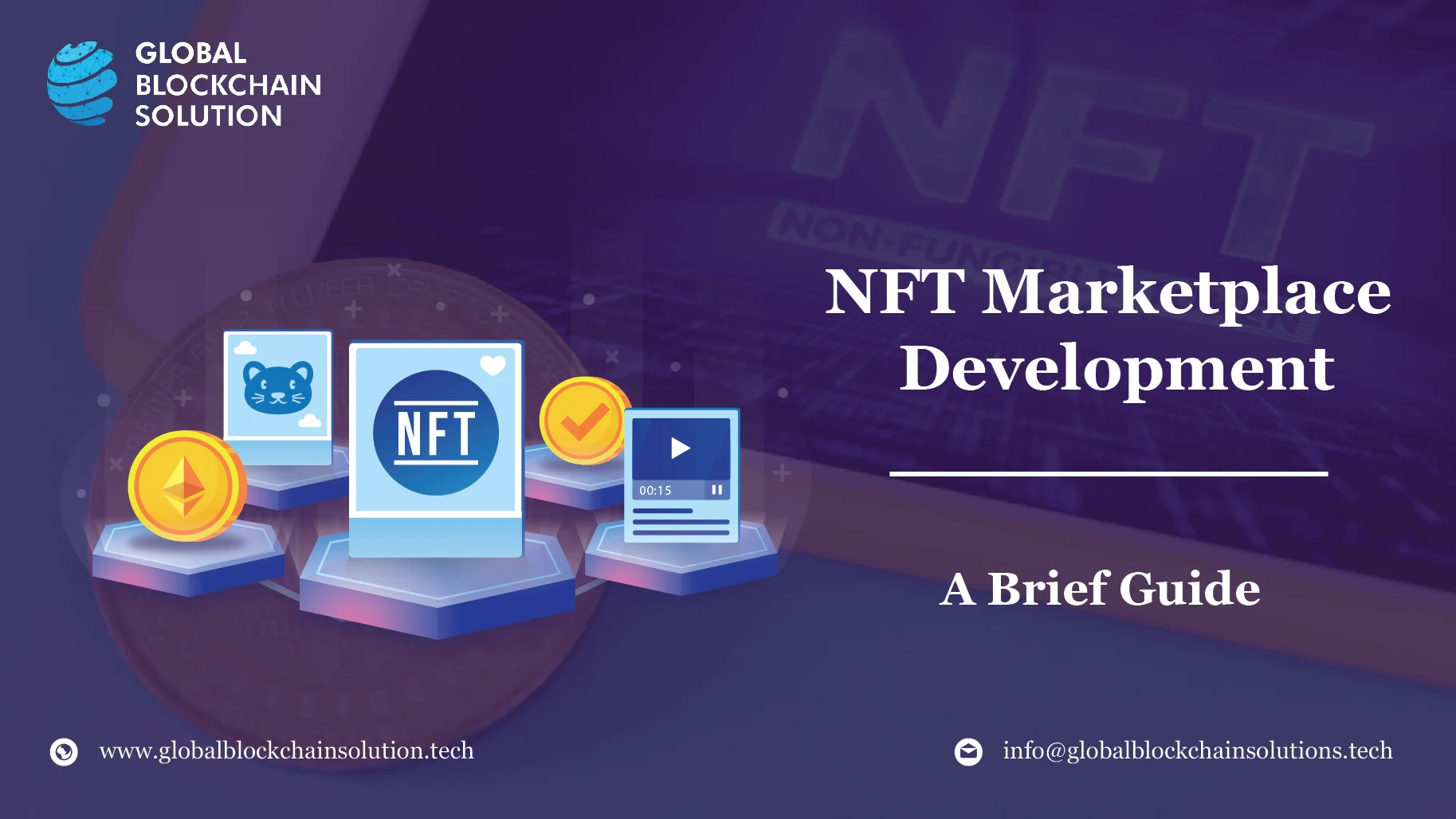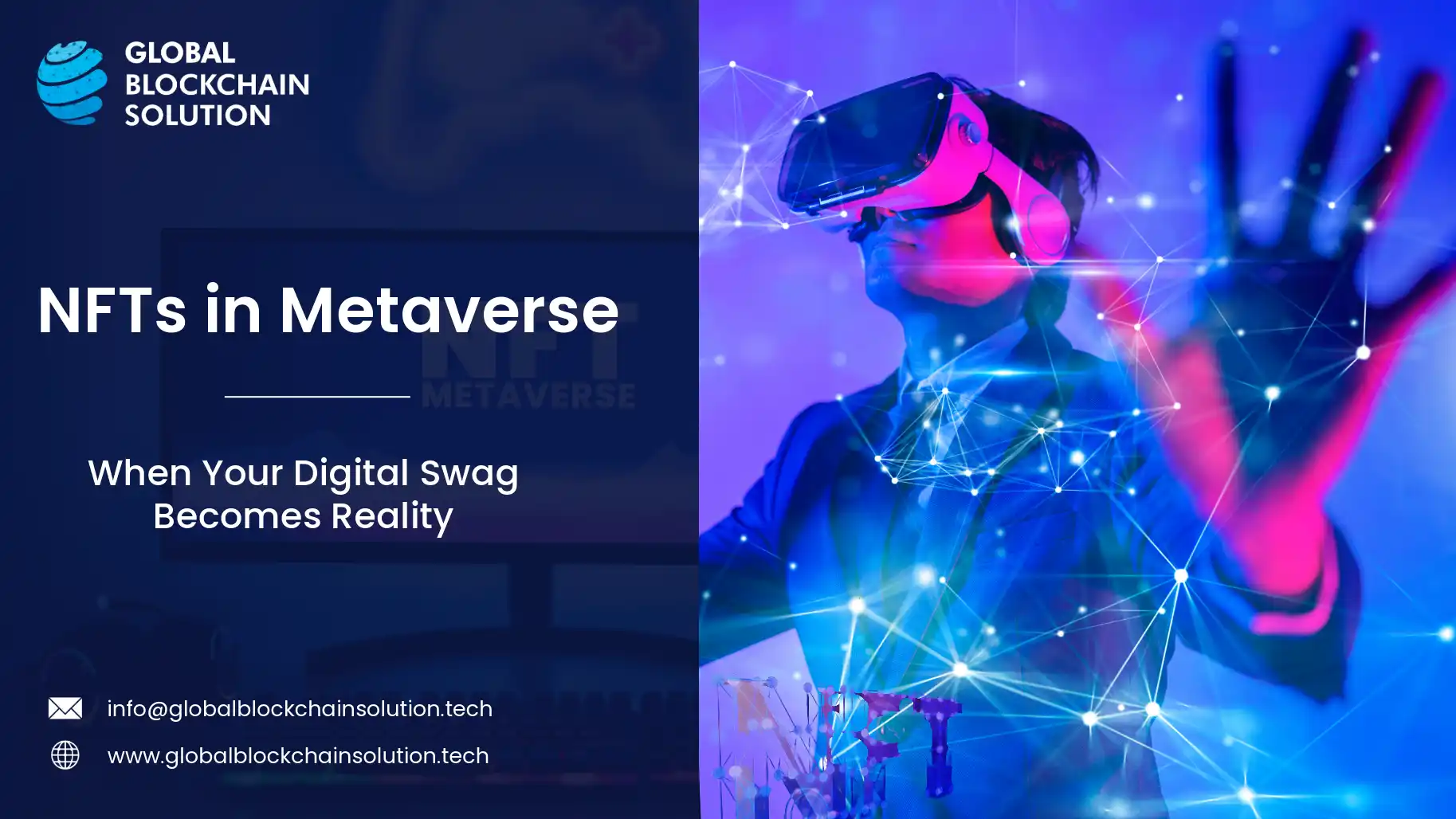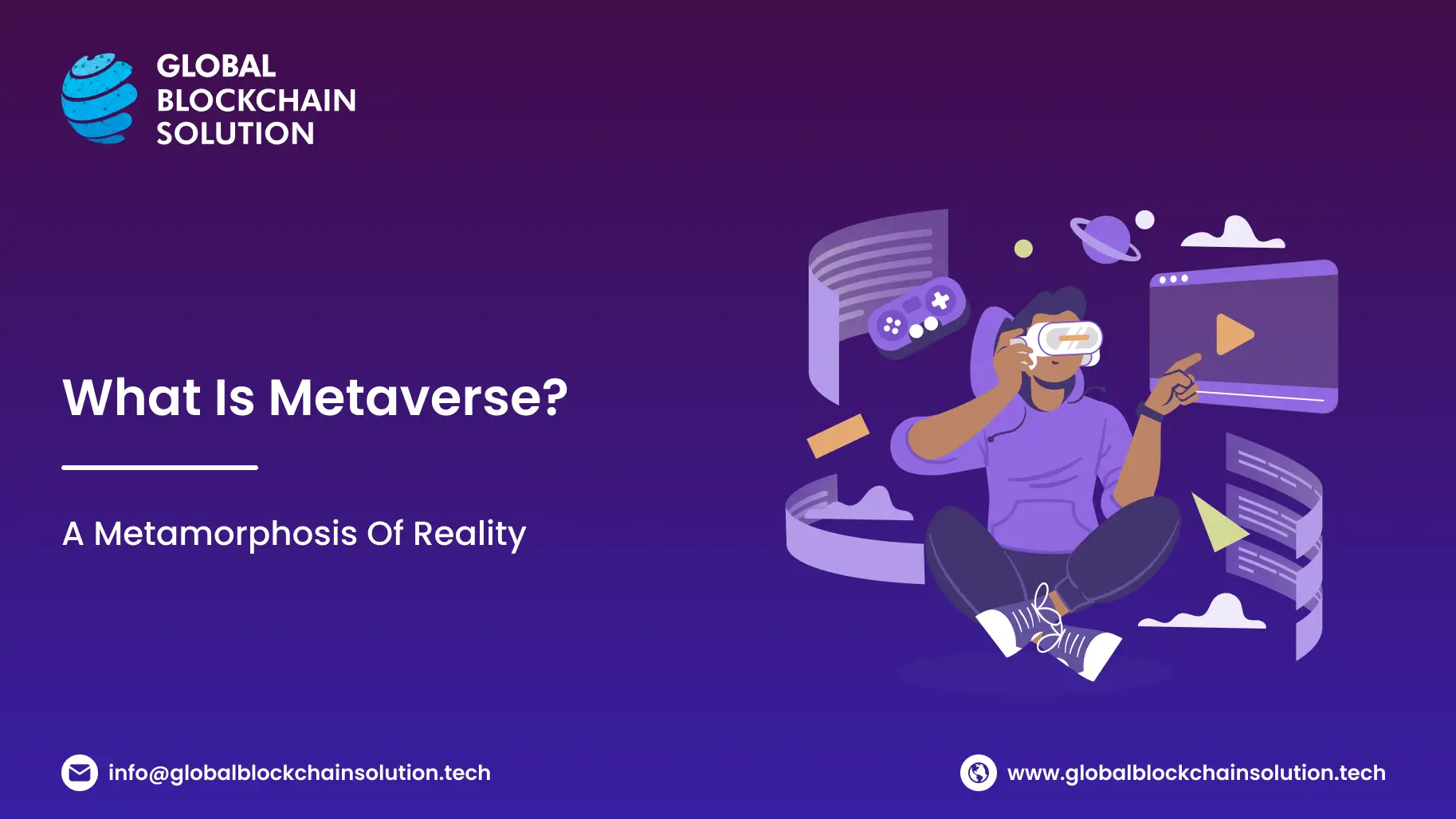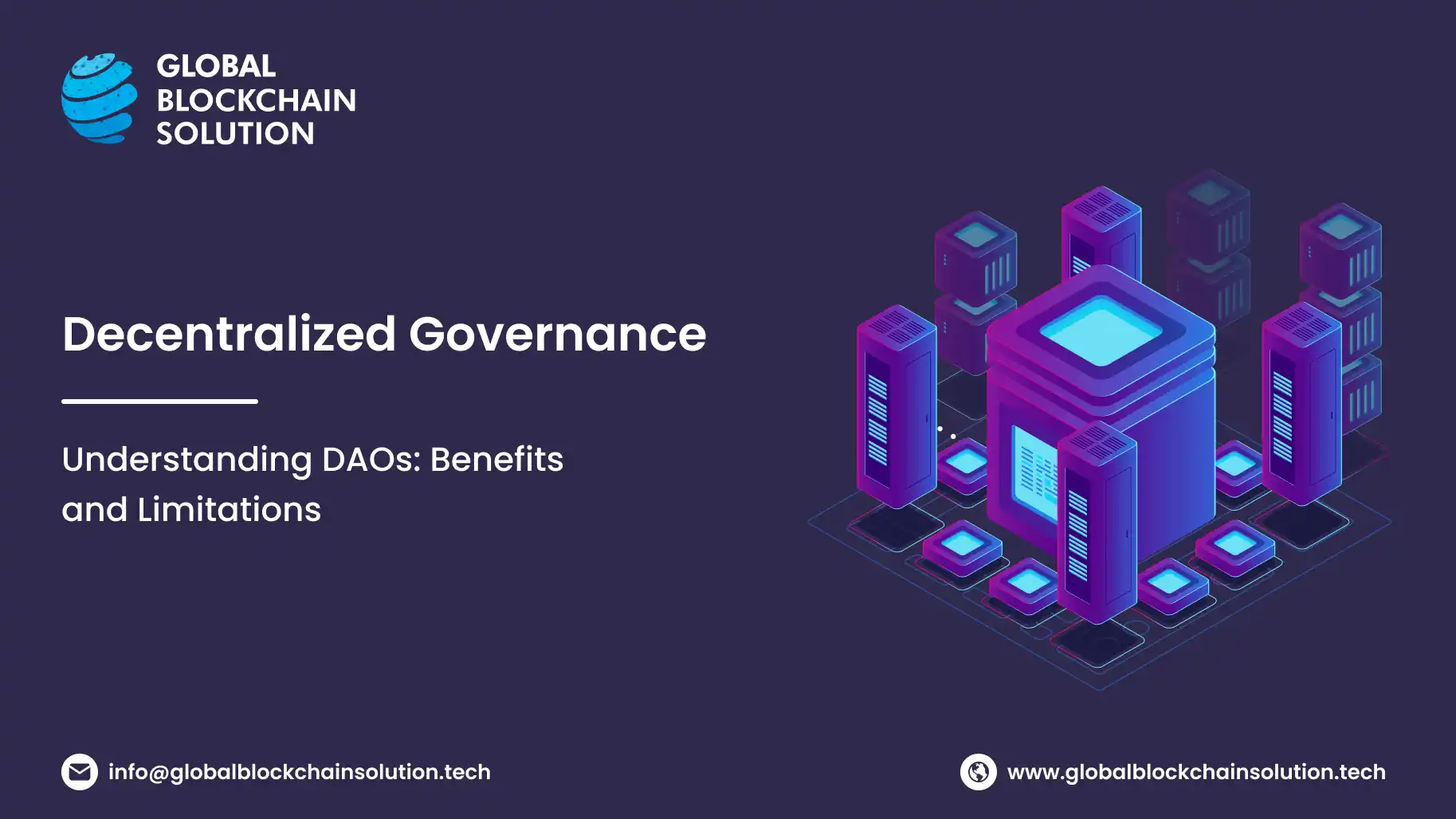You might wonder about the possible reason for the hype surrounding the NFT marketplace development. These tokenized digital assets have taken the world by storm and are surely here to stay in the mainstream. The proliferation of NFTs calls for great platforms to trade and transact in these assets; this is where the NFT marketplace development comes into play.
Non-fungible tokens provide a unique way to represent the authenticity and ownership of digital assets on the blockchain. Unlike regular cryptocurrencies, these digital assets cannot be mutually exchanged due to their inherent qualities of being unique, and thus, each token is valued as per its unique attributes.
NFT marketplaces can be described as a blend of digital uniqueness and creativity with the rules of traditional commerce. These platforms are to NFTs what Amazon and eBay are to goods and commodities. The popularity of NFTs can be gauged from the fact their market size will grow by $147.24 Bn from 2021 to 2026!
This Article Contains:
Understanding NFT Marketplace Development
➥ Key components of an NFT marketplace
1. Smart contracts
These self-executing contracts facilitate the creation, ownership, and transfer of NFTs by clearly defining the rules and conditions for NFT transactions.
2. Blockchain integration
Blockchain technology is at the heart of NFT marketplaces and is used to store and validate NFT ownership records securely.
3. User interface
The UI of the user interface of the NFT marketplaces is instrumental in facilitating a seamless experience for the users.
4. Wallet integration
Multiple cryptocurrency wallet integrations with the marketplace enable users to view their holdings and initiate NFT transactions at their will.
➥ Types of NFT marketplaces
1. Open marketplaces
Open marketplaces, as the name suggests, are open to all, which means anyone can list and sell their NFTs with curation or restrictions. Since these types of platforms are open to all, there exists a diversity of NFTs made by numerous creators. Examples of such marketplaces are, Rarible and OpenSea.
2. Curated marketplaces
Curated marketplaces are more systematized, wherein specific NFTs are listed to maintain quality standards. Most of the time, the NFTs showcased here are reviewed and curated by experts. SuperRare and Foundation are examples of curated marketplaces.
3. White-label marketplaces
White-label marketplaces provide highly customizable and turnkey solutions to organizations and individuals to help them create their own marketplaces. White label NFT marketplace development offers complete backend technology and infrastructure that can be tailored and branded to the user’s needs. Cargo and Mintable are great examples of such NFT marketplaces.
Also Read: Top 5 NFT Trends To Keep an Eye on In 2023
Steps to Develop an NFT Marketplace
➣ Market research and analysis
The first step in NFT marketplace development is conducting market research. It involves the following:
Begin by identifying your ideal customers or target audience for your NFT marketplace. Consider demographics, interests, and behaviors that align with your platform’s goals. It will help you customize your marketplace to meet your target audience’s needs and interests.
Conduct an all-around analysis of existing NFT marketplaces and platforms. Study their features, pricing models, user experience, and overall strategies. This analysis will help you identify gaps in the market and understand what can set your platform apart from competitors. It also allows you to learn from their successes and failures to refine your marketplace.
Engage with potential users and gather feedback to understand their needs, preferences, and pain points. Conduct surveys, interviews, or focus groups to gain valuable insights into what users expect from an NFT marketplace. Consider factors like comfort of use, protection, and payment options to design a user-centered NFT marketplace development.
➣ Choosing the right blockchain platform
For NFT marketplace development, choosing the right blockchain platform is a crucial step. When selecting the platform, important factors include community support, scalability, transaction costs, interoperability, and other requirements specific to your marketplace. There are a lot of options available such as:
Ethereum is the most prevalent blockchain for NFTs, offering a mature ecosystem, established standards like ERC-721 and ERC-1155, and a large user base.
Another great option, Binance Smart Chain (BSC), is gaining popularity due to its comparatively low transaction fees and faster processing times.
Flow blockchain, developed by Dapper Labs, an NFT marketplace development company, focuses on scalability and has gained attention through projects like NBA Top Shot.
Other blockchain options, such as Tezos, Polkadot, and Solana, offer unique features and benefits to NFT marketplace development services.
Also Read: How to zero in on the blockchain for your NFT
➣ Smart contract development
Smart contract development ensures the establishment of robust infrastructure for your white label NFT marketplace development. Smart contracts make digital asset creation, trading, and monetization seamless. Developing smart contracts includes:
Setting NFT token standards such as ERC-721 or ERC-1155, which clearly define the structure and attributes of NFTs.
Building smart contracts that enable the minting and trading of NFTs, allowing creators to generate unique tokens and users to transfer ownership securely.
Incorporating royalty and secondary sales features ensures original creators receive their share of ongoing revenue from subsequent sales, thus providing a fair compensation mechanism.
➣ Building the marketplace infrastructure
Building a great NFT marketplace infrastructure entails the following:
Creating visually appealing and intuitive layouts facilitates easy navigation for buyers and sellers. The interface must provide clear access to features such as browsing, managing, buying, and selling NFTs.
Create a robust filtering system that lets users efficiently search for NFTs based on popularity, artist, price, and category criteria. Implementing advanced search options helps users discover the NFTs they are genuinely interested in.
Integrating secure payment gateways is a prerequisite to establishing trust and enabling seamless transactions. The NFT marketplace development should support reliable and widely accepted payment methods, ensuring financial information safety and facilitating swift payments. Implementing encryption protocols and employing reputable payment processors can help safeguard sensitive data and minimize the risk of fraud.
➣ Implementing wallet integration
Implementing wallet integration involves connecting the marketplace with popular crypto wallets. This integration helps users to easily connect their existing wallets, such as MetaMask, to manage their transactions directly from their wallets.
In addition to connectivity, ensuring secure transactions and storage is paramount. Integrating comprehensive security measures, such as multi-factor authentication and encryption, can help safeguard user accounts and their associated NFTs.
➣ Testing and deployment
Conducting thorough testing is essential to ensure the platform functions as expected. It includes identifying potential issues or inconsistencies before the marketplace is available to users.
Resolving bugs and security vulnerabilities discovered during the testing phase is paramount. Regular security audits can be performed to mitigate security vulnerabilities.
Deploying the NFT marketplace on the chosen blockchain is the last step in making it accessible to users. Once smart contracts and associated components are successfully deployed, the marketplace becomes operational for users to trade NFTs.
Key Features and Functionalities of NFT Marketplaces
NFT marketplace development services allow users to create and mint their unique NFTs, like artwork, music, or virtual items.
Users can browse a wide range of NFTs and make purchases. Simultaneously sellers can list their NFTs and receive payments when they are bought.
These marketplaces have auction functionality, allowing sellers to set a starting price and let users bid on their digital artworks. Trusted blockchain solutions providers can make these auctions completely secure.
Integration with popular crypto wallets enables users to connect to the marketplace securely, view their NFT holdings, and initiate transactions.
Smart contracts can be implemented to automatically distribute royalties to the original creator whenever an NFT is resold, securing ongoing revenue for the respective artists.
NFT marketplaces also include social features such as user profiles, follower systems, and comments to facilitate interaction, engagement, and networking within the community.
Challenges and Considerations in NFT Marketplace Development
As NFT marketplaces gain popularity, handling a large volume of users and transactions can pose various scalability challenges.
Transactions on the blockchain often incur gas fees, which can be high during times of network congestion.
Protecting user data, securing transactions, and implementing measures to prevent fraud and unauthorized access are vital considerations.
NFT marketplaces must address potential copyright infringement concerns and provide mechanisms for reporting and resolving intellectual property disputes.
The energy consumption associated with blockchain networks, such as Ethereum, has raised concerns regarding the environmental impact of NFTs.
Different NFTs can exist on different blockchain networks, creating challenges for interoperability and compatibility for an NFT marketplace development company.
Popular NFT Marketplaces and Success Stories
Creating your platform may seem like climbing a cliff without the harness rope, but some popular success stories can inspire you to take the next step.
1. OpenSea
Founded in 2020 by Alexie Falin, Rarible is one of the renowned and established NFT marketplace. The platform allows creators and digital artists to securely sell their parcels of virtual land, memes, and digital artworks.
2. Rarible
Founded in 2020 by Alexie Falin, Rarible is a renowned and established NFT marketplace. The platform allows creators and digital artists to securely sell their parcels of virtual land, memes, and digital artworks.
3. SuperRare
Founded in 2017 by the trio of Charles Crain, John Crain, and Jonathan Perkins, SuperRare is regarded as a trending NFT marketplace. The platform supports trading and collection of exquisite, single-edition digital artworks. Users can create tokenized collectibles that can be bought or sold easily and securely.
4. NBA Top Shot
Launched in 2020 by Dapper Labs, the blockchain-based platform allows basketball fans to collect and trade the officially licensed NFTs, namely “Moments.” Users can get these NFTs through packs or individual purchases. The platform allows a 3D view of the “Moments” and challenges for rewards.
5. CryptoPunks
Launched in 2017 by Matt Hall and John Watkinson, CryptoPunks is an Ethereum-based NFT inspired by London’s punk scenes consisting of 10,000 NFTs.The crypto art project was revolutionary in more than one way and later went on to inspire the ERC-721 blockchain standards.
Also Read: How to Become a Web3 Developer - Best tips
Conclusion
NFT marketplace development truly holds the key to a world of possibilities for creators, investors, and collectors. The success stories like that of OpenSea and Crypto Punks are a testament to the potential of these marketplaces. To excel in the NFT marketplace development space, you need a reliable blockchain development partner to make your dreams come true.
FAQs
1. How is an NFT marketplace developed?
An NFT marketplace is developed by building the necessary infrastructure, such as a user-friendly interface, and implementing smart contracts on the blockchain.
2. What is the top 1 NFT marketplace?
With over 1 million active users, OpenSea is the largest NFT marketplace.
3. What is the NFT marketplace methodology?
NFT marketplace can be understood as an e-commerce platform dealing in digital assets like NFTs based on blockchain technology.






Comments
Share Your Feedback
Your email address will not be published. Required fields are marked *